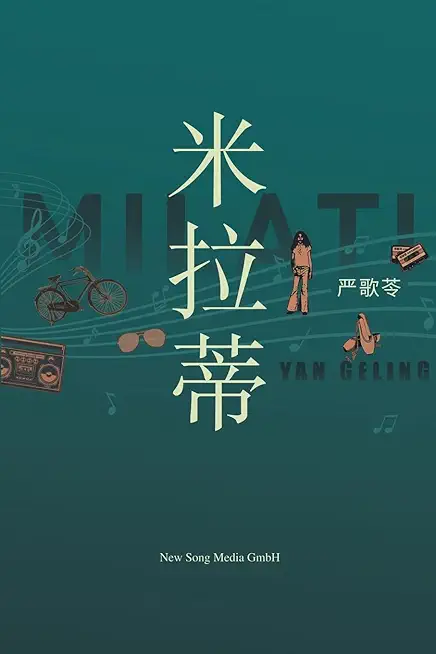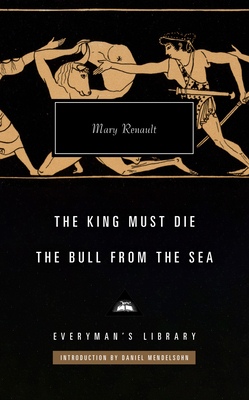
而一切却在1989年初夏戛然而止。米拉蒂和父亲米潇先后来到国外。后来米潇的挚友,戏剧家吴可也到国外投奔了他们。这个小群落开始了自由漂泊,自由受穷,但也是自由的创作。他们意识到,八十年代对于中国和中华民族,就像萨克斯博士著名著作《Awakening》中记录的真实现象:1969年,由于一种新药的发明,使一群患了"Sleep disease" 几十年的病人苏醒过来,但不久他们中的多数人,又睡回去了。这种觉醒,仅仅是为了最终的幻灭。中国的知识分子,经历了1989年那次大觉醒的最后痉挛,之后,又都"睡回去了"。
In the early 1980s in China, a twenty-year-old young woman named Milati leaves her career as a dancer in an army performance troupe and undergoes the most crucial transition in her life: from a passive performer of art, she becomes a young writer who thinks and creates independently. The early eighties bring a major reshuffle of ideas: love, sex, freedom, democracy... It seems that people's perceptions and patterns of behavior have changed overnight in a subversive way; that which was once impossible becomes possible, and the possibilities seem endless: extramarital love, one-night stands, disco, black-light parties, underground publishing, painting with nude models, and on and on.
The story revolves around Milati's personal experiences and the awakening and disillusionment of two generations of Chinese artists, writers and intellectuals. The 1980s were a time when ordinary Chinese people left the Maoist era behind and experienced a universal values such as independence and freedom. For the first time, Milati, her friends, and her father's generation stood on the same horizon of literature and art as the rest of the world, seeing the infinite possibilities of free thought and expression, of free creation. They are excited and exhilarated, believing that those infinite possibilities would continue to unfold before them.
But everyth







